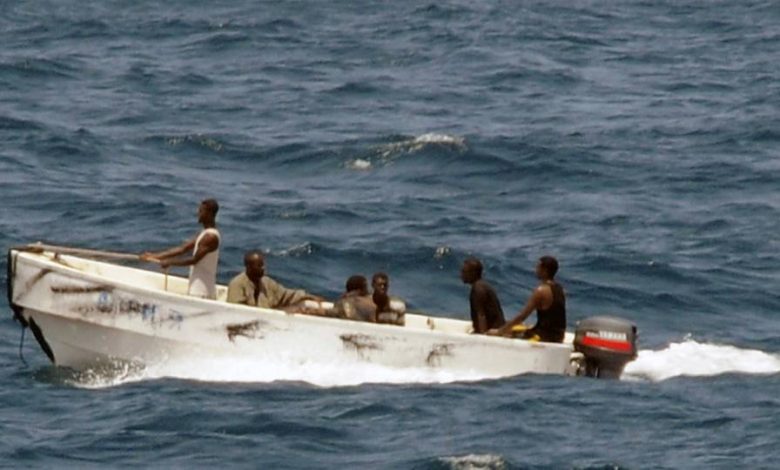Have the Somali Pirates and Al Shabab Joined Hands?

EMILY MILLIKEN
Somali pirates are back — and they may have forged a new alliance, which should concern the international community.
On January 4th, the Indian Navy rescued a crew of 21 sailors from being hijacked by pirates. The ship, the MV Lila Norfolk, was seized off the coast of Somalia while en route to Bahrain.
This attempted hijacking came on the back of four recorded attacks in late 2023 involving Somali pirates in the span of a month.
The attacks may come as a surprise for maritime security observers, as Somali pirates have been relatively inactive for six years due to coordinated anti-piracy naval operations, new safety measures like armed guards on ships, and increased prosecution and imprisonment of pirates worldwide.
The pirates appear to be taking advantage of the relocation of American and other naval ships from the Indian Ocean to the Red Sea, where they are focused on protecting maritime traffic from a spate of attacks by Yemen’s Iran-allied Houthis.
Much of the Somali pirate activity — including the attempted hijacking of the MV Lila Norfolk — occurs off of the coastal town of Eyl located in Somalia’s semi-autonomous Puntland region, which is controlled by al Qaeda terror group’s wealthiest affiliate — Al Shabab.
So it shouldn’t come as a surprise that news reports indicate that the pirates have joined hands with Al Shabab. These reports claim that Al Shabab militants based in the Sanaag region of Somaliland have reached a deal with the pirates, whereby they will provide them with protection in return for a 30 percent cut of the ransom proceeds.
And in another possible sign of their collusion — local security forces report that the pirates are sporting new advanced weaponry, which they could have procured with the help of Al Shabab and its robust weapons smuggling network.
But while concerning, cooperation between the terrorist group and Somali pirates is nothing new.
In fact, back in 2017, reports surfaced that the United States and the United Nations were investigating at least two pirate “kingpins” for providing material support to Al Shabab and Daesh in Somalia.
The pirates had reportedly helped the militants smuggle weapons and ammunition into Somalia and the group was likely receiving taxes and a cut of money from pirates operating in territory under Al Shabab control.
Today, such an agreement would give Al Shabab access to funds for recruitment and procurement of weapons at a time when they are facing new challenges from the Somali government and the loss of a senior finance officer in May.
Maintaining multiple streams of income is vital for Al Shabab as the organisation is not only responsible for financing its own activities but has also funded other al Qaeda affiliates.
Its activities reportedly generate around $100 million per year through multiple funding streams, including extortion from local businesses and individuals, taxes, road tolls, and illicit trade. The group has also invested in local businesses like tomato cultivation, charcoal, sugar trading, and fishing.



